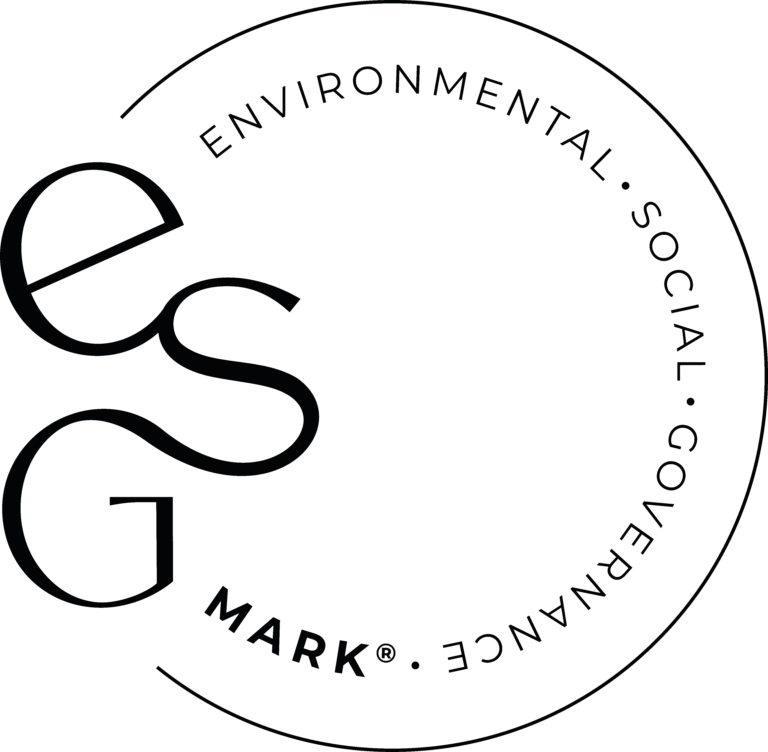The construction industry, long associated with towering structures and massive projects, is undergoing a transformative shift towards sustainability. Environmental, Social, and Governance (ESG) principles are increasingly becoming integral to construction practices, bringing about positive changes in the way projects are planned, executed and insured.
Understanding ESG in Construction
Environmental Responsibility
Reducing Carbon Footprint: Construction projects are notorious for their environmental impact, from resource consumption to emissions. ESG practices in construction emphasize minimising the carbon footprint through eco-friendly materials, energy-efficient designs and waste reduction strategies.
Green Certification: The construction industry is witnessing a rise in green building certifications. Projects adhering to standards like LEED (Leadership in Energy and Environmental Design) showcase a commitment to environmental responsibility, often resulting in improved insurance terms.
Social Accountability
Workplace Safety and Diversity: ESG practices extend to the well-being of those involved in construction projects. Prioritising workplace safety and promoting diversity and inclusion not only align with social responsibility but can also positively influence insurance premiums.
Community Engagement: Engaging with local communities is another social aspect of ESG in construction. Projects that consider community needs and foster positive relationships may encounter fewer community-related disputes and insurance claims.
Governance Excellence
Transparent Project Management: Governance in ESG implies transparent and ethical project management. Construction companies adopting strong governance practices tend to have better risk management, a factor that insurance providers look favourably upon.
Regulatory Compliance: Adherence to regulatory requirements is a critical governance component. Ensuring compliance with environmental regulations, safety standards, and ethical business practices enhances a company’s reputation and insurability.
The Link Between ESG and Construction Insurance
Risk Mitigation and Insurance Benefits
Improved Risk Profile: Construction projects adopting ESG practices often present a more favourable risk profile. Insurance providers recognise the value of environmentally conscious and socially responsible projects, potentially leading to reduced insurance premiums.
Innovative Insurance Products: The insurance industry is evolving to accommodate the changing landscape of construction. Innovative products, such as ESG-specific insurance coverage, are emerging. These products are designed to align with the unique risks and priorities of sustainable construction projects.
Enhanced Resilience: ESG practices contribute to building resilient structures that can withstand environmental challenges. This resilience not only safeguards the project itself but also minimises the likelihood of insurance claims related to weather events or other environmental factors.
The Path Forward
Embracing ESG practices in construction is not just a moral imperative; it’s a strategic decision that influences the industry’s future. As construction companies align themselves with sustainable principles, they not only contribute to global environmental and social goals but also position themselves as attractive entities for insurers.
In conclusion, the adoption of ESG practices in construction goes beyond regulatory compliance; it’s a commitment to creating a sustainable, resilient, and socially responsible industry. Construction companies that integrate ESG into their DNA stand to gain not only from positive public perception but also from tangible insurance benefits. As the industry continues to evolve, embracing ESG is not just about constructing buildings; it’s about building a better future.















